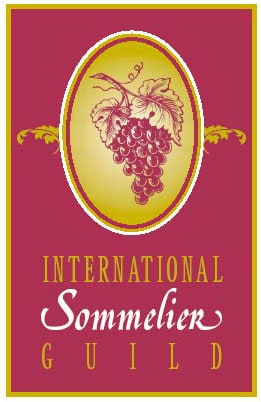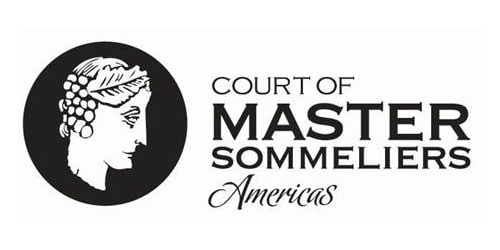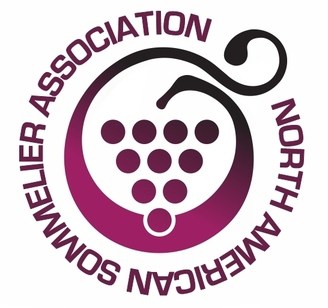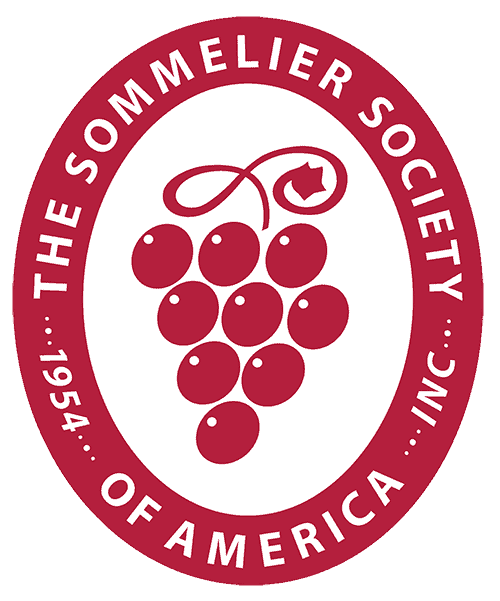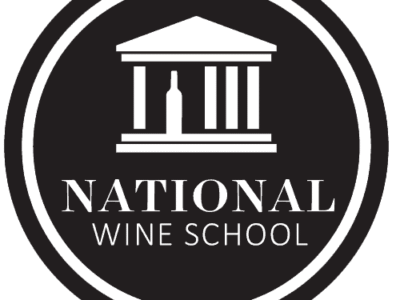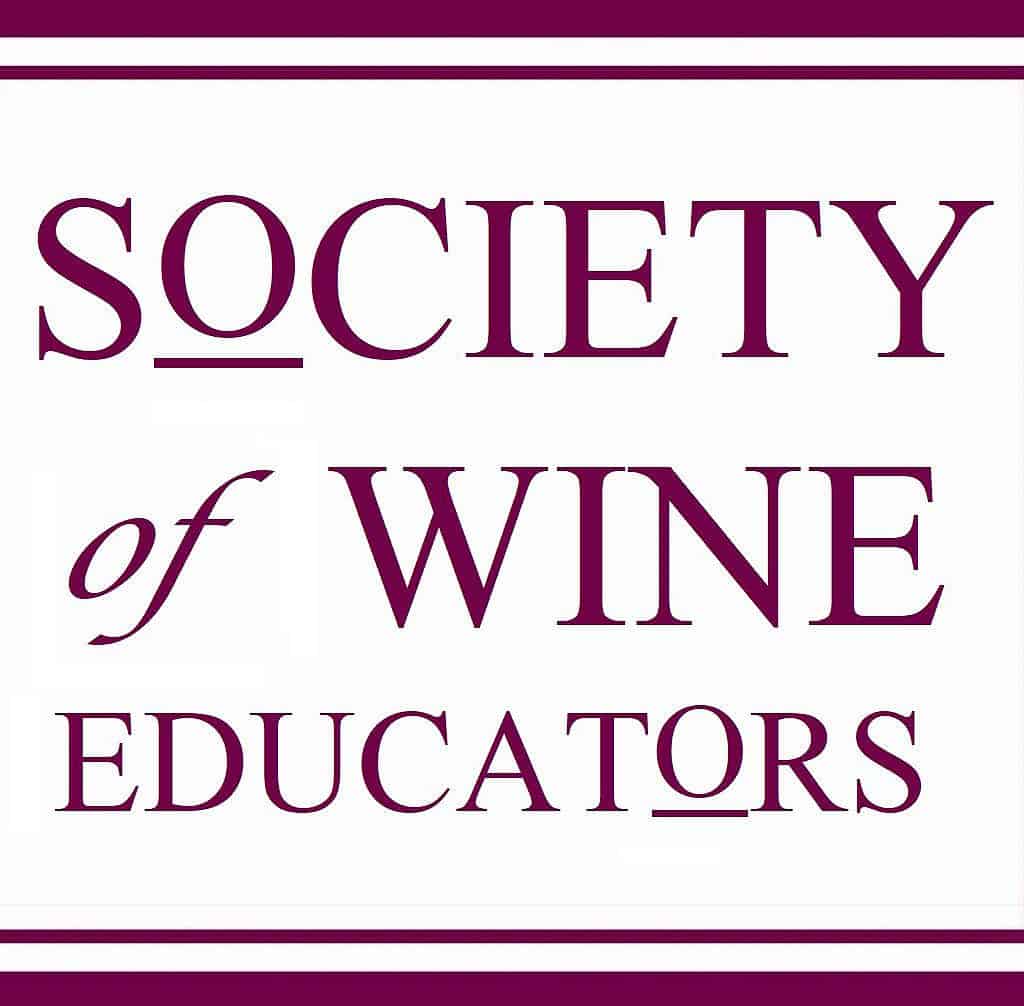
Not All Wine Credentials Are Created Equal
Why Choosing the Right Wine Education Program Matters
In wine education, credentials do more than decorate résumés—they establish authority, define instructional standards, and shape long-term professional pathways. Despite the widespread use of terms like certified or advanced, most wine education programs operate entirely outside formal academic or regulatory frameworks.
Understanding these distinctions is especially important for educators, program designers, and professionals who rely on their credentials in teaching, publishing, or institutional settings.
Accreditation vs. Certification: What’s the Difference?
The word certified is common in wine education, but it often functions as an internal designation rather than a formally recognized credential. Most wine programs issue professional certifications developed by private organizations. These typically indicate course completion or exam success, but they are not overseen by government bodies and are not part of the higher education system.
By contrast, state-recognized accreditation applies to educational programs approved by a government authority, usually a state department of education. These programs must meet defined standards for curriculum design, instructional oversight, and assessment. In the U.S., the curriculum developed by the National Wine School currently holds this type of approval, placing it in the same regulatory category as other vocational education programs.
There is also regional accreditation, which applies to colleges and universities. Some wine education programs are offered through partnerships with regionally accredited institutions, allowing coursework to appear on official academic transcripts and, in some cases, transfer toward degrees.
What Professionals and Educators Should Know
For those working in wine education—whether teaching classes, training staff, or developing curricula—the distinction between certification and accreditation is practical, not theoretical.
Private certifications such as those issued by the Court of Master Sommeliers or the Wine & Spirit Education Trust remain widely recognized within hospitality and trade environments. They can demonstrate wine knowledge and tasting ability and often play a role in professional development. However, they remain private credentials without academic or legal standing.
Accredited programs, whether state-approved or college-affiliated, are subject to external review and documentation. This can matter when credentials are used in formal teaching roles, institutional partnerships, reimbursement programs, or academic settings where verification and oversight are required.
The Challenge of an Unregulated Landscape
Wine education in the U.S. is largely unregulated. This allows innovation—but it also means that credentials vary widely in rigor, oversight, and long-term value. Many independent programs offer thoughtful, well-designed instruction. Others rely heavily on branding while offering limited assessment or structure.
For students and professionals alike, the lack of regulation makes due diligence essential. Understanding how a credential is issued, assessed, and recognized helps prevent confusion and ensures that educational investments align with real professional goals.
Making an Informed Choice
Professional certifications remain a valuable option for many learners, particularly those focused on hospitality, retail, or personal enrichment. Accredited programs serve a different function, especially for individuals seeking formal recognition, instructional roles, or integration with academic systems.
Ultimately, the right wine education path depends on how the credential will be used. Whether the goal is teaching, program leadership, professional advancement, or deeper study, understanding the difference between certification and accreditation helps ensure that the credential supports—not limits—future opportunities.
What is sommelier accreditation?
Accreditation is a legally enforceable type of certification. In the USA, these are issued by state governments.
Is accreditation the same as certification?
Accreditation is a higher bar than certification. Only the top schools offer accreditation.
Which accrediting bodies are recognized in the U.S.?
For sommelier credentials, only the National Wine School offers state-recognized credentials.
Do restaurants care about accreditation?
Restaurants are rarely concerned about the quality of accreditation.
For a complete overview, see our guide to sommelier certification.

